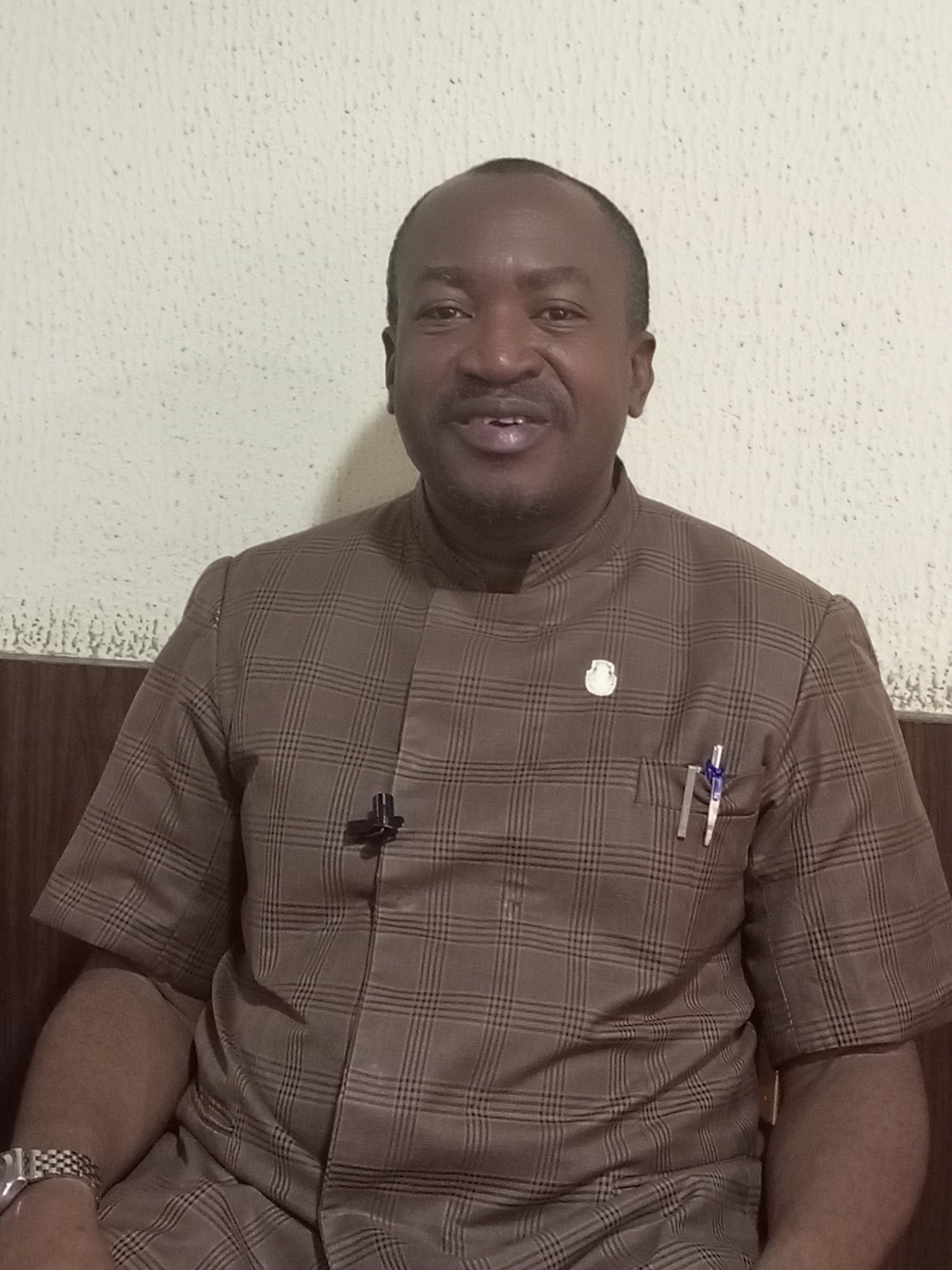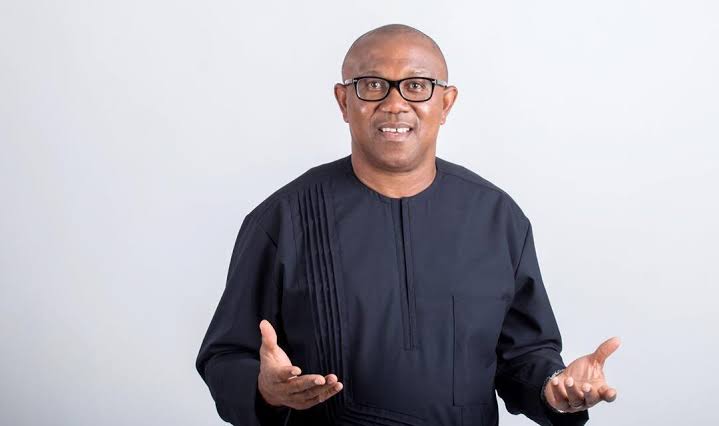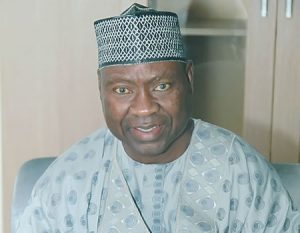Immediate past deputy Vice chancellor (Academic) University of Portharcourt Professor Hakeem Fawehinmi has described the logjam in the Ivory towers over industrial action by lecturers as a deliberate effort by Government to undermined education.
Speaking in Abuja recently on the incessant strike action by the Academic Staff Union of Universities (ASUU) Fawehinmi said the strike is a necessity
The Professor of Clinical Anatomy and Medical Anthropology said,

“I think the ASUU agitation is called for even though it is one strike too many but it is not the fault of ASUU. “You will notice that ASUU has been consistently asking for the same thing, better funding for the university, some form of university autonomy from the Government and then this IPPIS platform that was recently introduced has been an issue.
“This is because it does not serve the purpose of the univwrsity. All over the world University staff are entitled to what we call sabbatical leave and are entitled to be visiting other institutions and when you are on Sabbatical it is expected that the new institution will enroll you on their payroll even as a visiting lecturer.
“The IPPIS did not make any provision for remuneration of lecturers on leave and that is very clear to everybody.
“Nobody is going to go on sabbatical and go there to do it pro-bono, you go there you are expected to get paid so that you can sustain your life wherever you are doing it.
He said the IPPIS platform does not make provisions for sabbatical leave, there is no express provision and that is a very big deficiency.
“So the ASUU struggle is genuine and Germain.”
While throwing more lights on the issue he said, There was this agreement ASUU signed with the Federal Government way back in 2009 and the Federal Government kept postponing the evil day in the sense that it has not been able to implement that agreement wholeheartedly.
“Therefore ASUU would be forced to go into strike and would be called back, and there would be a memorandum of action and the Federal Government would not keep to its own side.”
He lamented that there is a very huge deficit in budget for education in Nigeria especially tertiary education.
“For a country like Nigeria that has a very huge chunk of it’s population as youth the UNESCO minimum of 18% should be adhered to but if you look at the Nigerian budget the education sector don’t even get up to 7%.
“We think that is a very huge deficit and it is affecting tertiary education totally because tirtiaty education, university education in particular is a universal thing and therefore the benchmark standard must be maintained, it is supposed to be all over the world.
“The number of lecturers also has not been enough and that has been worsened by the ongoing brain drain and that is where the issue of earned Academic allowances comes in.”
He said, some lecturers are made to work beyond what their schedule is supposed to be.
“They are made to be in several committee jobs and so on. Because of this, there is this deficit in payment and if you look at the lecturers take home, the take home of a professor, you will know that it is not a takehome pay, it is not a living wage.
He therefore implored the government should look into that.
“The earned academic allowances is not being paid as at when due and they were trying to mainstream it, so that we don’t come every year to keep talking about the same thing.
He observed that the Government on its side , particularly the ministries concerned ; education, finance and Labour have not really done what they are supposed to do in mainstreaming this Earned Academic Allowances, hence there is huge backlog to be paid.
These he said are the issues coming on and on. In the area of funding for the universities, he said, “Funding of the university, of course you know that the population of Students has overwhelmed the infrastructural capacity and if you go to the students hostels, classrooms, you will see those deficits.
“Therefore the Government is supposed to be proactive to make sure that they expand their infrastructure to match with the students population and that is part of the reason for the recurrent strike.”
He expressed sympathy with the Nigerian students saying that irrespective of the deficit in infrastructure and facilities to train them, their program has been serialy disrupted and it has reached a situation where it has become confusing not only for the students but also for the academic staff, the lecturers.
“When you start a session, after the COVID-19 technically they lost a session and came back and trying to find their feet and create a part for their academic existence, and all of a sudden it is truncated again, they go back home, maybe what they have studied they have already started forgetting and by the time they come back to get themselves attuned again there is another strike.
“So the whole process the student might become confused and tomorrow we argue that the kind of products from Nigerian universities does not suit the labour market.
“You know, this sort of disruptions are not good for tertiary educational all. Even the lecturers themselves, we as professors have paid a lot of our dues to the system.
“We can imagine how confusing it is, you start a course, halfway to it there is a 6months strike and then after the strike you come back, you start to think of where to start from because the students must have forgotten the trend and this reoccurring disruptions, the Government should be sensitive to the plight of the students and their parents.




